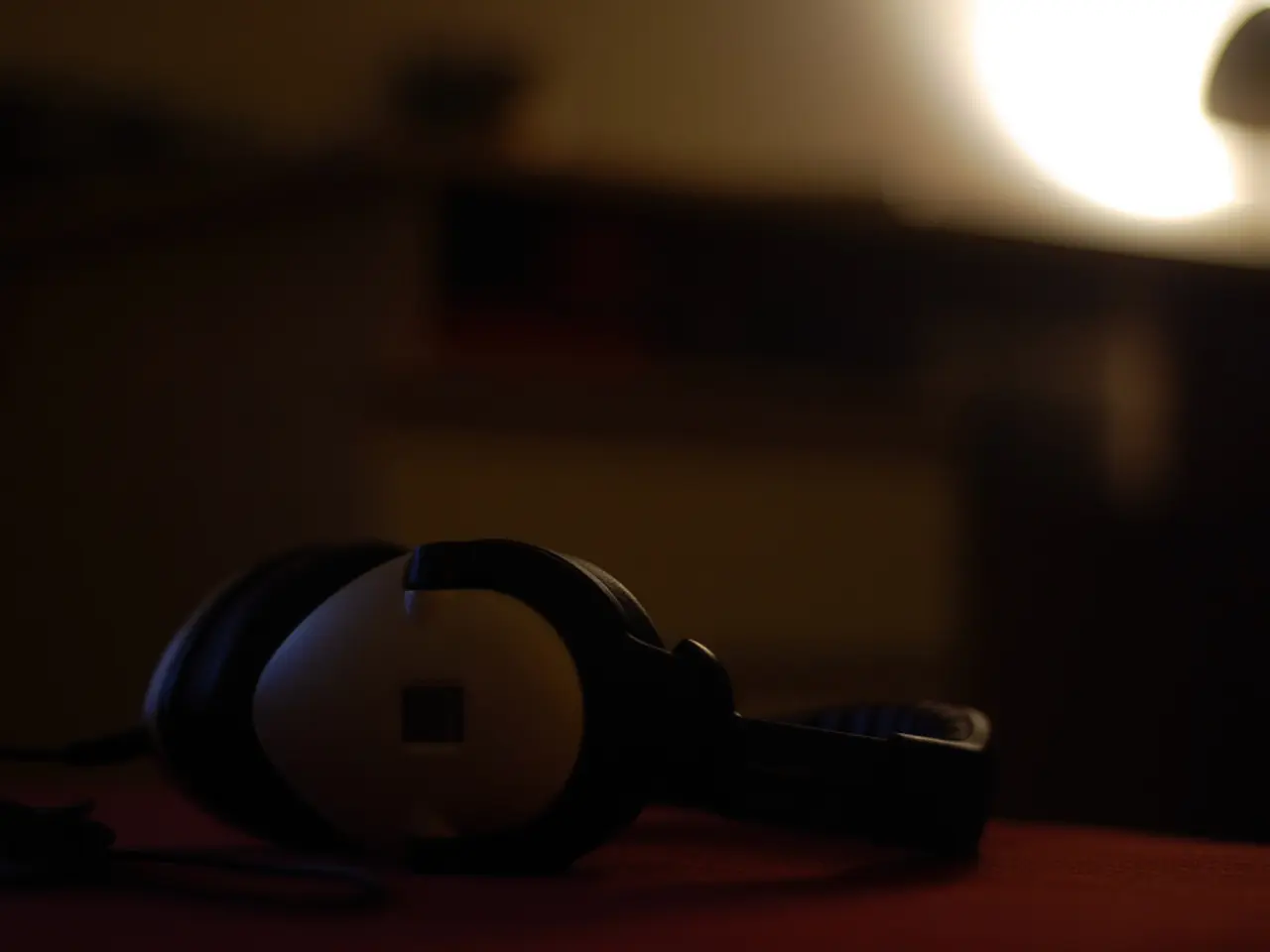Four Potential Factors Influencing Your Auditory Health
In our daily lives, we often take our hearing for granted. However, various factors can impact our ears and hearing, leading to temporary or permanent issues. Here's a look at some common risks, symptoms, and management strategies for hearing health.
One surprising factor that can affect hearing is emotional stress. Prolonged periods of stress, such as burnout or anxiety, can potentially harm our ears. Another risk factor is the blockage of the ear canal, often due to earwax buildup. This can muffle sounds, leading to temporary hearing difficulties and, in some cases, tinnitus-like symptoms.
Exposure to loud noise is another significant risk for hearing damage. Prolonged exposure to sounds above 85 decibels can cause gradual and permanent hearing loss. This hearing loss may lead to a common symptom of noise-induced hearing damage: tinnitus, a persistent ringing, buzzing, or hissing sound in the ears.
Certain medications can also pose a threat to our hearing health. Prescription and over-the-counter medications, such as certain antibiotics, chemotherapy treatments, high doses of aspirin, and Non-Steroidal Anti-Inflammatory Drugs (NSAIDs) like ibuprofen, can have ototoxic effects, harming the structures of the inner ear.
Hearing loss can be a symptom of underlying health issues such as diabetes, high blood pressure, and autoimmune disorders. These conditions can reduce blood flow to the ears or damage nerves, potentially leading to hearing problems.
Fortunately, there are ways to manage and protect our hearing health. Taking care of overall health, including regular check-ups, managing chronic conditions, and staying active, can contribute significantly to better hearing health.
When it comes to specific treatments for hearing issues, there may not be a one-size-fits-all solution. However, sound therapies, hearing aids with tinnitus masking features, mindfulness techniques, and protecting the ears from loud noise can help manage various hearing problems, including tinnitus.
In the case of earwax buildup, once the blockage has been removed, hearing usually returns to normal. To avoid pushing wax deeper, it's best to avoid using cotton swabs and instead use ear drops or consult a healthcare professional if you suspect wax might be affecting your hearing.
In conclusion, while various factors can impact our hearing health, taking proactive steps such as managing stress, maintaining overall health, and protecting our ears from loud noise and potential ototoxic substances can help ensure we keep our hearing sharp for years to come.
Read also:
- Nightly sweat episodes linked to GERD: Crucial insights explained
- Antitussives: List of Examples, Functions, Adverse Reactions, and Additional Details
- Asthma Diagnosis: Exploring FeNO Tests and Related Treatments
- Unfortunate Financial Disarray for a Family from California After an Expensive Emergency Room Visit with Their Burned Infant








